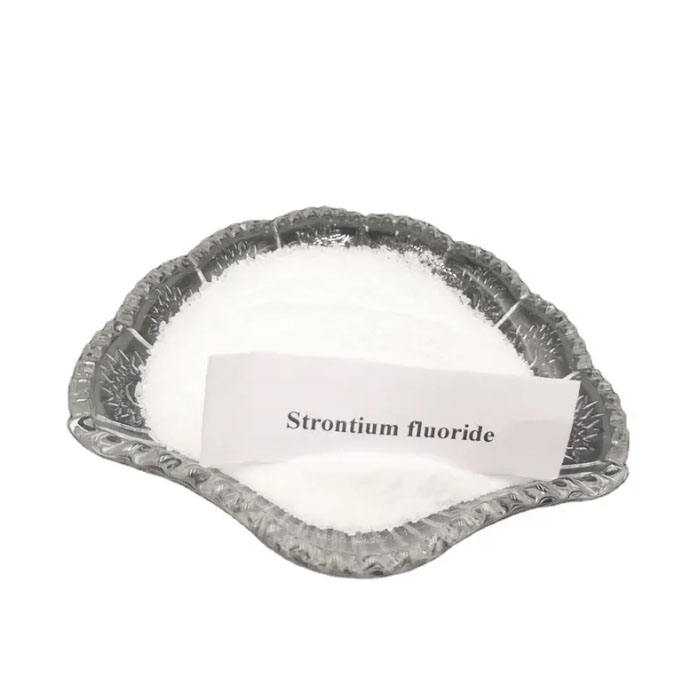



polyacrylamide polymer
Polyacrylamide is a versatile synthetic polymer widely used in various industrial applications due to its unique properties. It is formed from the polymerization of acrylamide monomers, resulting in a highly effective water-soluble compound. The primary features of polyacrylamide include its ability to absorb water and form gels, making it suitable for diverse uses in several fields, including agriculture, wastewater treatment, and biomedical sciences.
In agriculture, polyacrylamide serves as a soil conditioner, enhancing water retention in sandy soils and improving the overall structure of the soil. This polymer encourages the growth of roots by allowing better penetration of water and nutrients, ultimately leading to increased crop yields. Furthermore, polyacrylamide can be utilized in erosion control, helping to stabilize soil and minimize the loss of topsoil during heavy rainfall or irrigation.
.
Biomedical applications of polyacrylamide have gained significant attention in recent years. Its biocompatibility and tunable properties make it an ideal candidate for drug delivery systems and tissue engineering. Polyacrylamide hydrogels can encapsulate drugs and release them in a controlled manner, improving the efficacy of treatments while minimizing side effects. Furthermore, the gel's three-dimensional structure can support cell growth, making it valuable for creating scaffolds in tissue engineering.
polyacrylamide polymer

Another fascinating application of polyacrylamide is in the field of electrophoresis, a technique widely used in laboratories for the separation of biomolecules, such as DNA and proteins. Polyacrylamide gels provide a stable medium for electrophoretic movements, allowing researchers to analyze molecular weight and composition. This technique has become a cornerstone in genetic research, diagnostics, and biochemistry.
The environmental impact of polyacrylamide has raised questions concerning its biodegradability. While it is relatively stable and not easily decomposed, researchers are actively exploring ways to mitigate potential environmental concerns by developing biodegradable alternatives and optimization of its use in industrial processes.
In conclusion, polyacrylamide is a multifaceted polymer with broad applications spanning agriculture to biomedical fields. Its ability to improve water retention, enhance wastewater treatment processes, and support innovative biomedical technologies showcases its importance in modern science and industry. As research continues to advance, the potential uses and formulations of polyacrylamide may expand further, offering new solutions to emerging challenges in both environmental sustainability and biomedicine.
-
Why Sodium Persulfate Is Everywhere NowNewsJul.07,2025
-
Why Polyacrylamide Is in High DemandNewsJul.07,2025
-
Understanding Paint Chemicals and Their ApplicationsNewsJul.07,2025
-
Smart Use Of Mining ChemicalsNewsJul.07,2025
-
Practical Uses of Potassium MonopersulfateNewsJul.07,2025
-
Agrochemicals In Real FarmingNewsJul.07,2025
-
Sodium Chlorite Hot UsesNewsJul.01,2025










